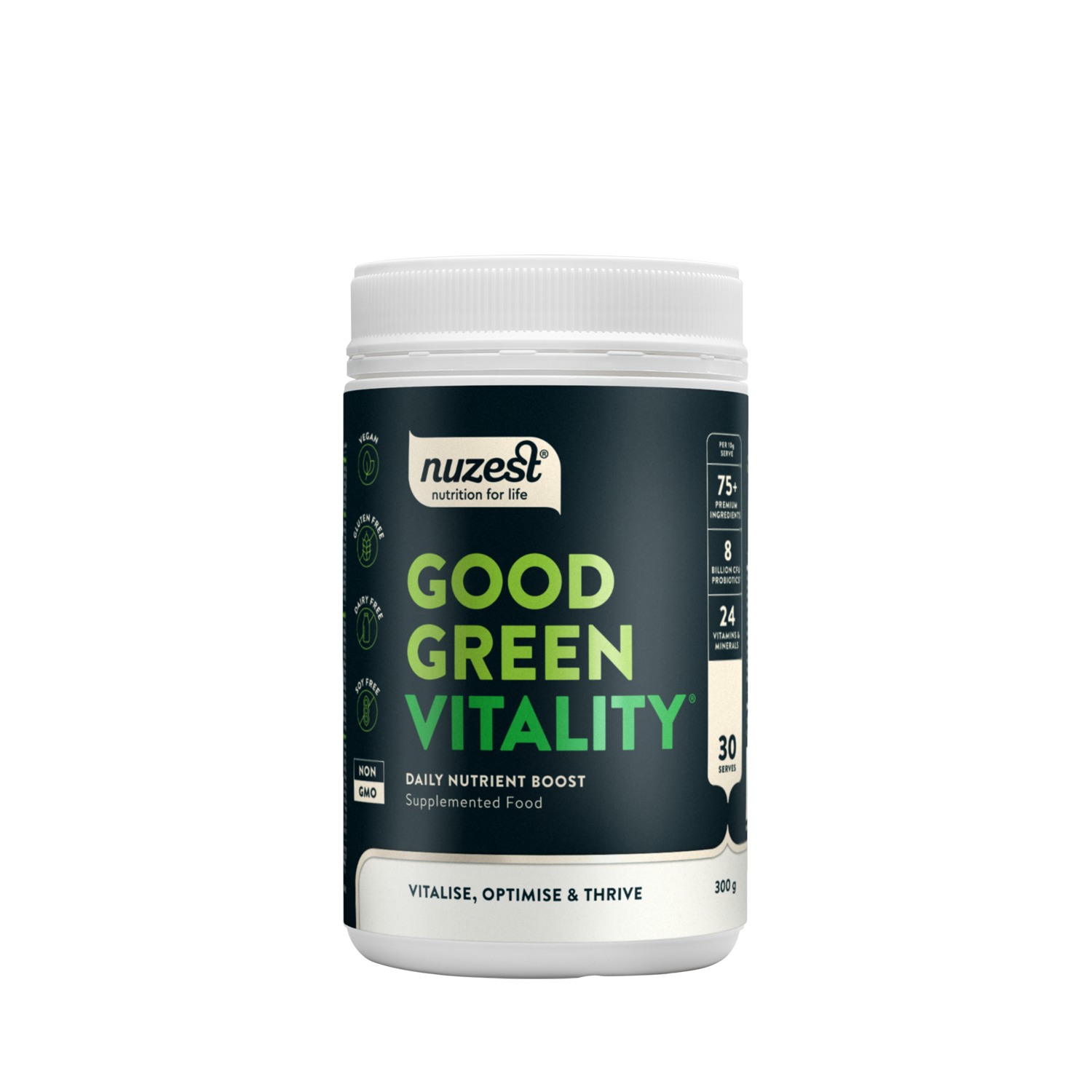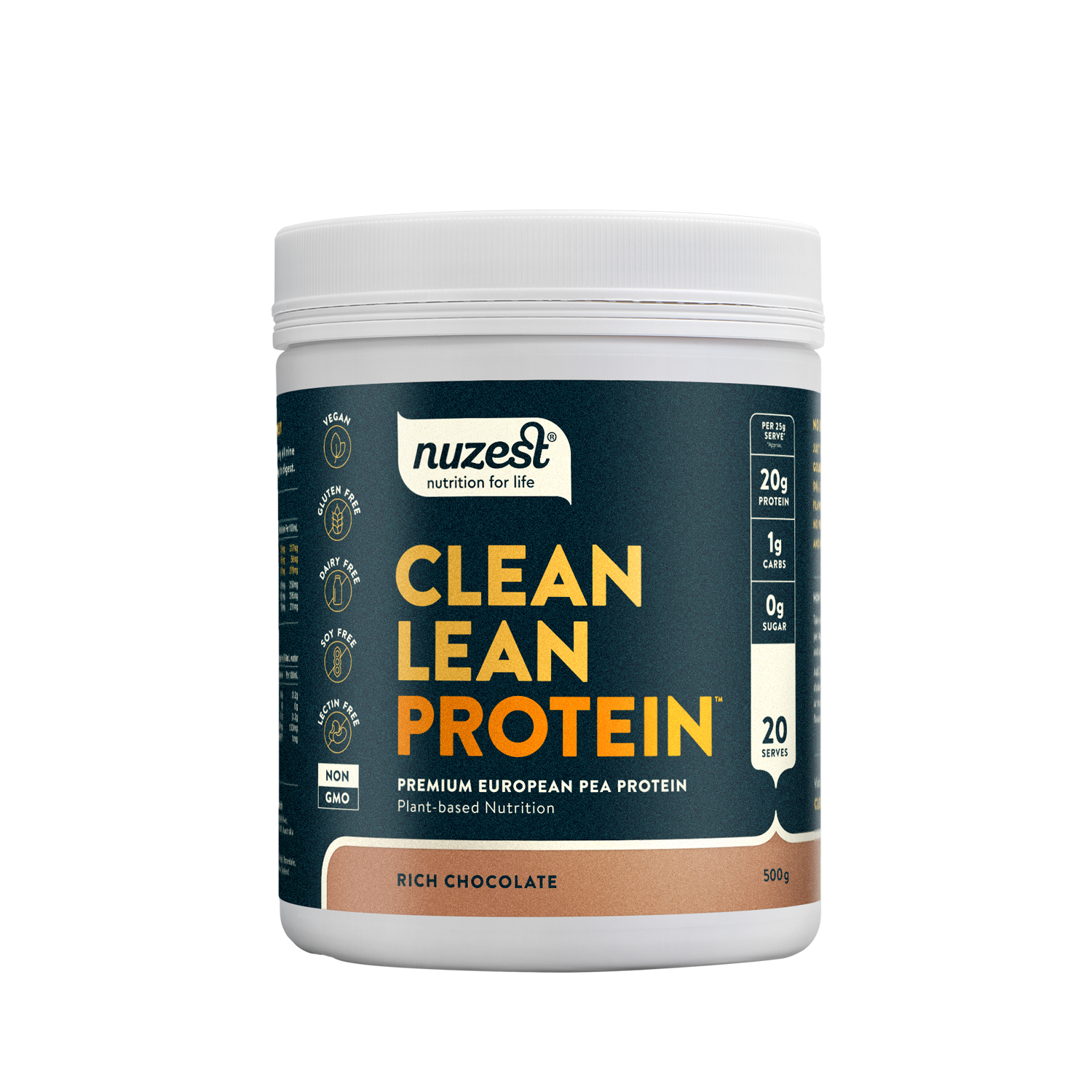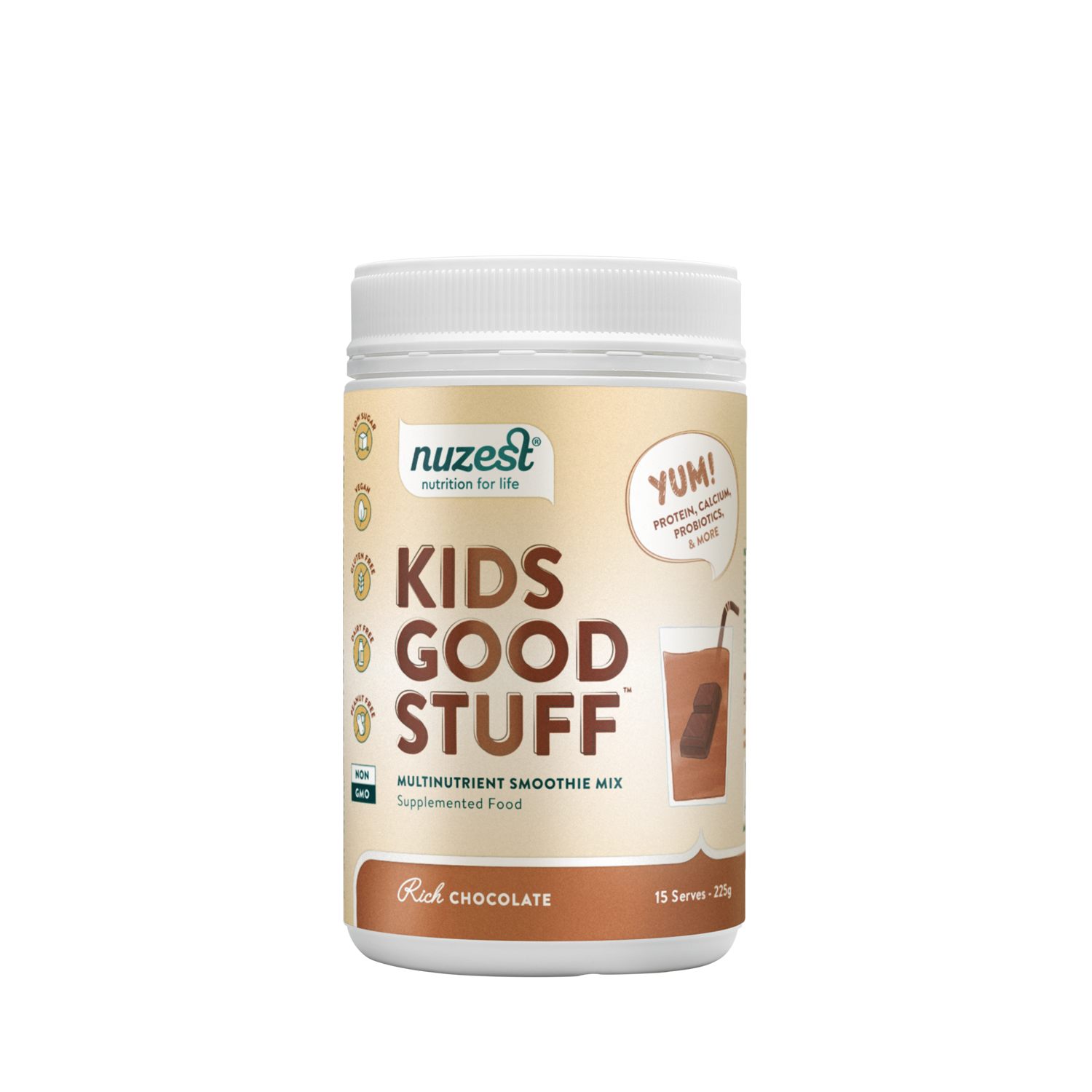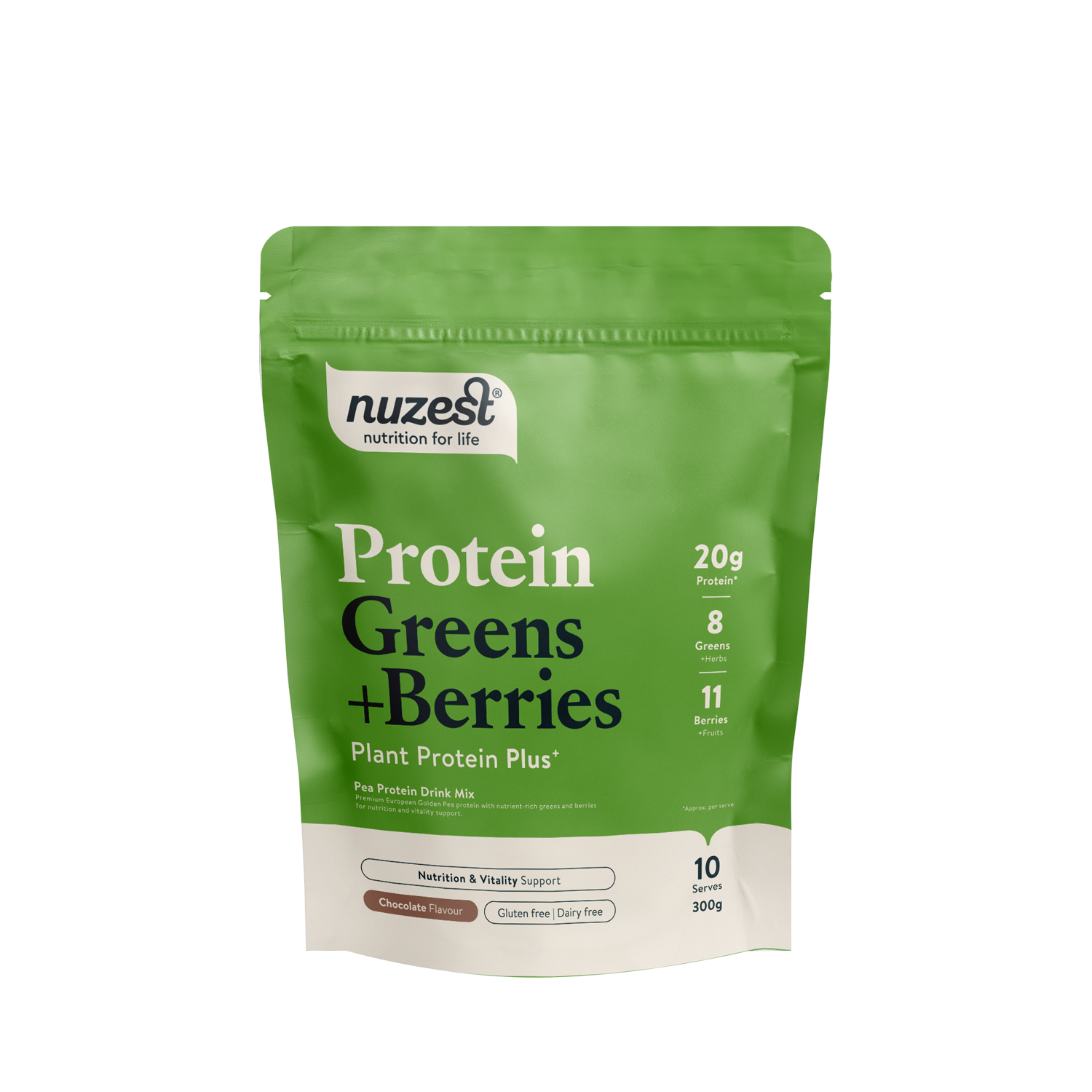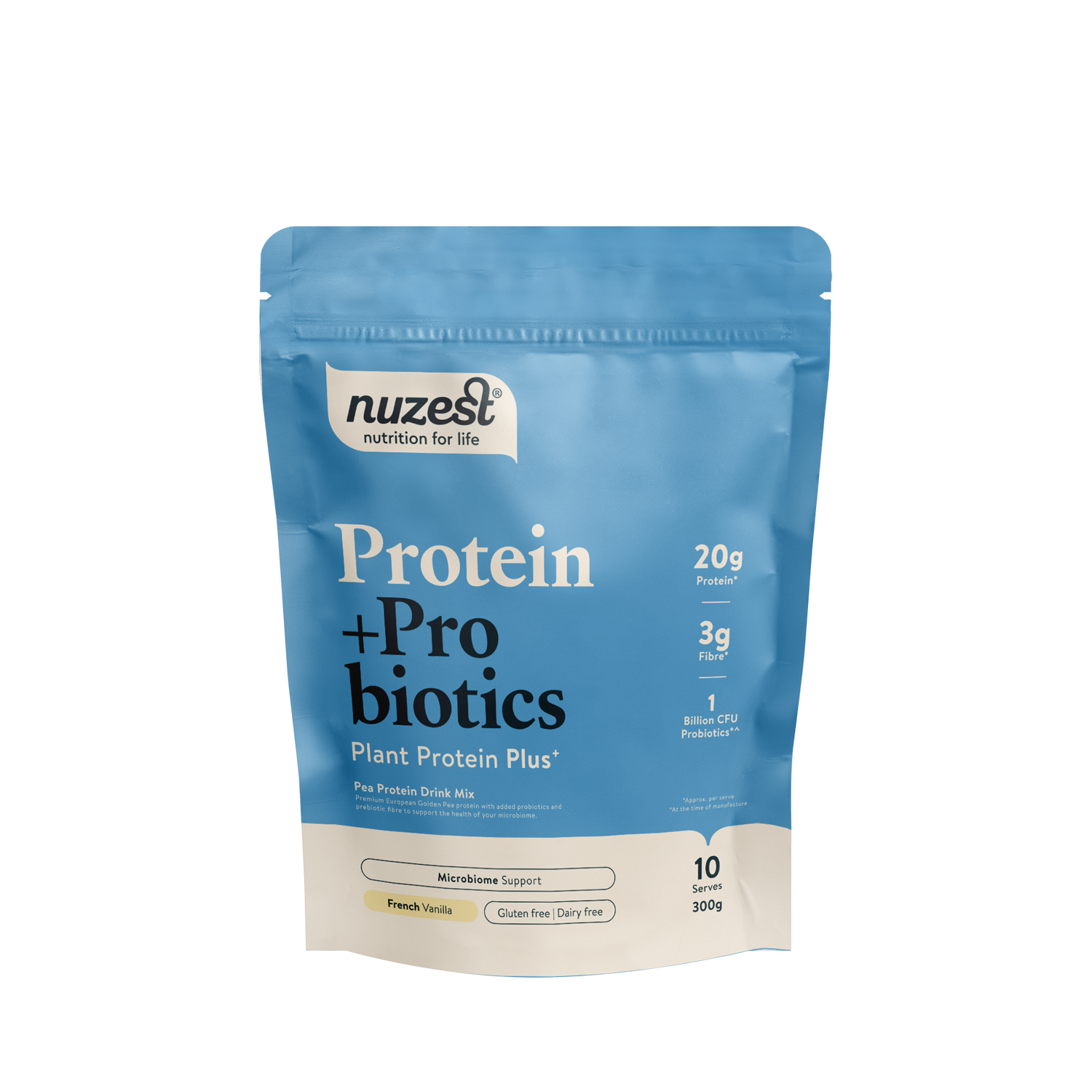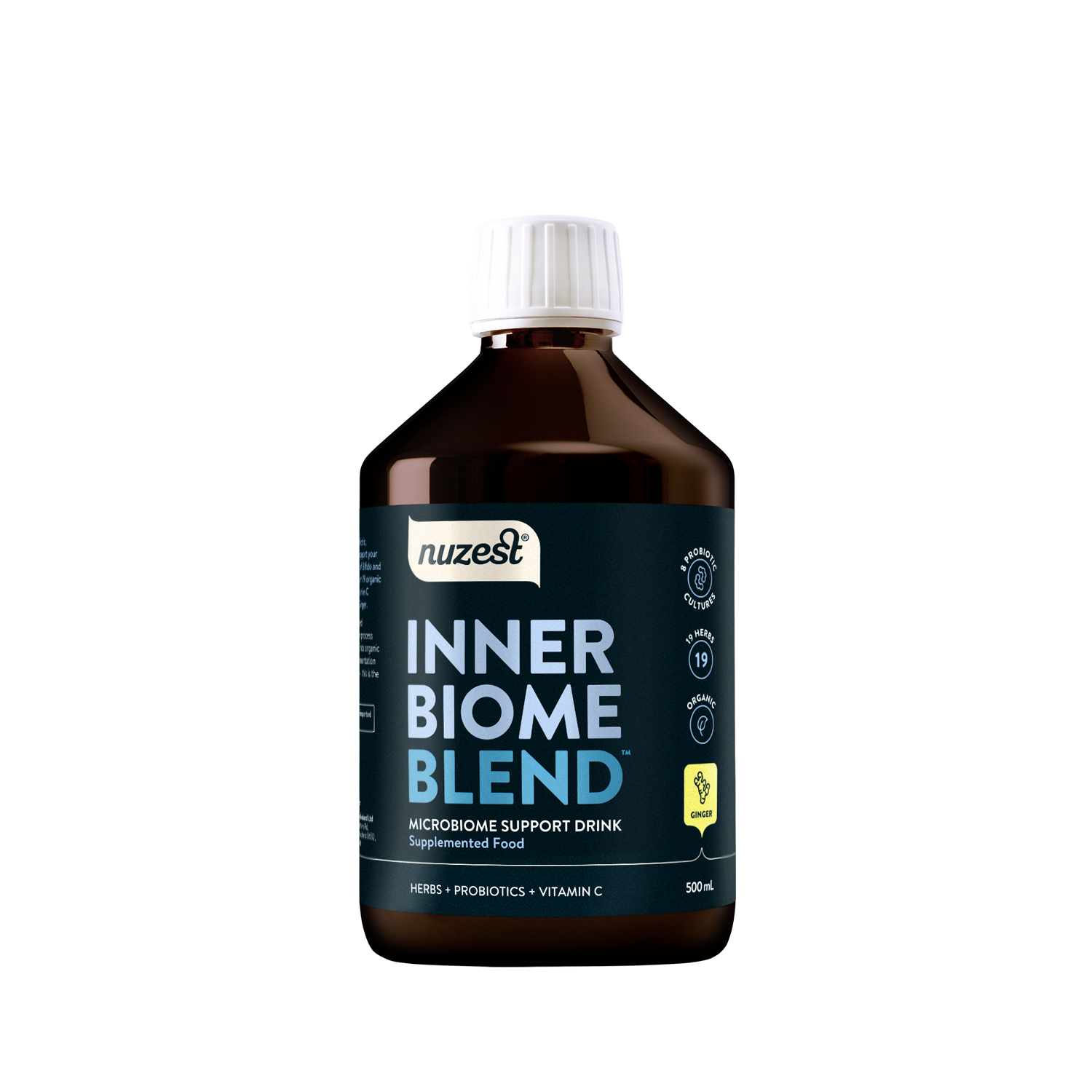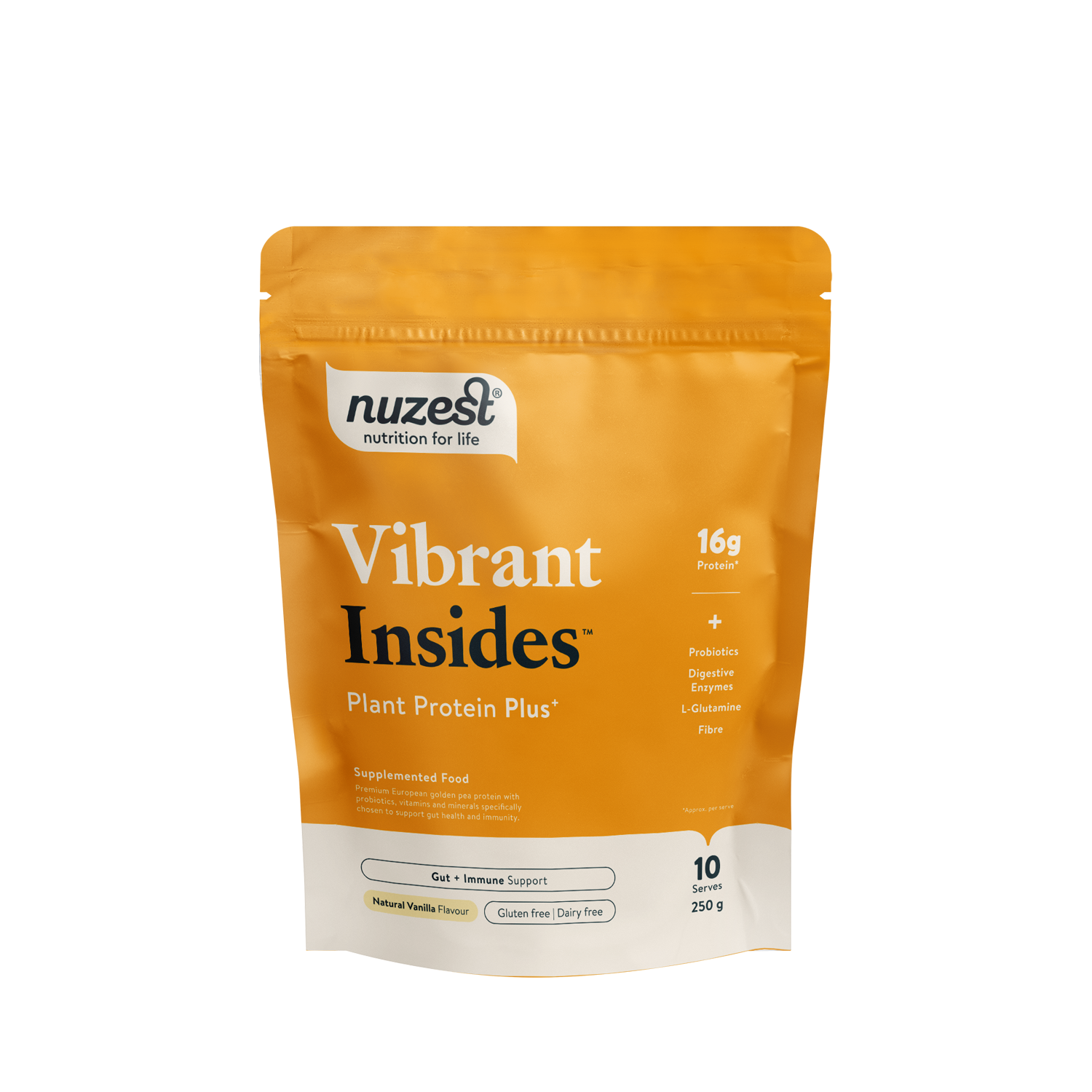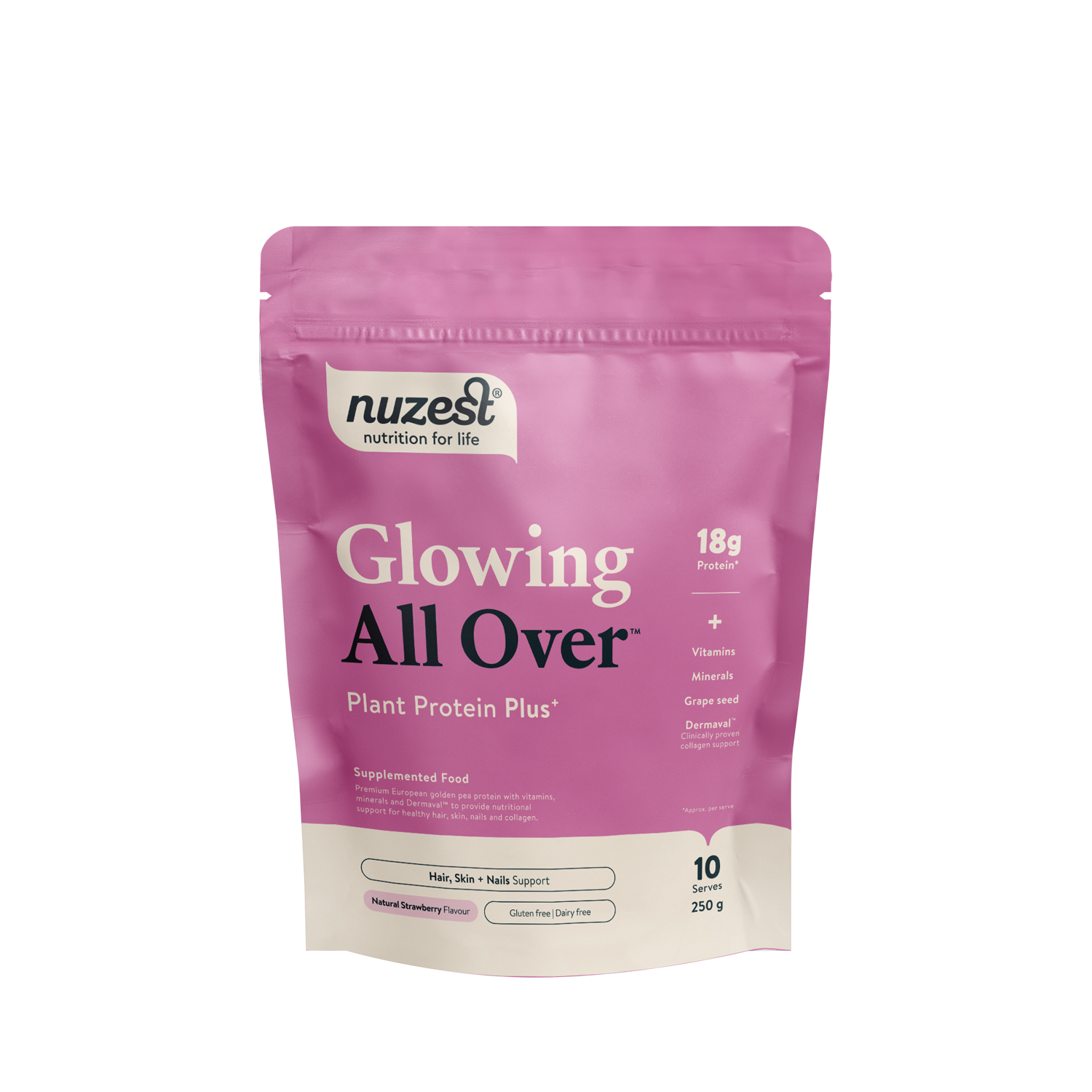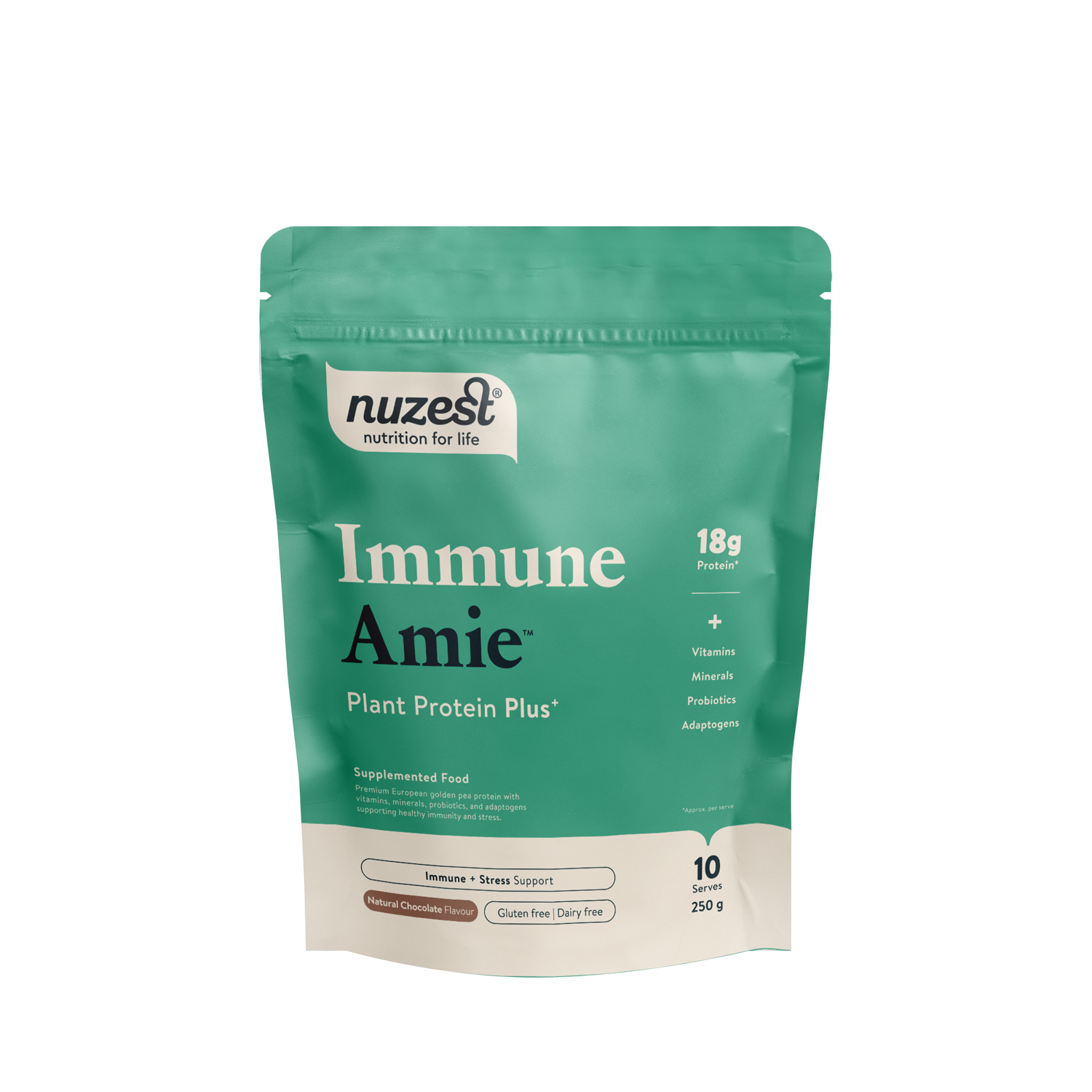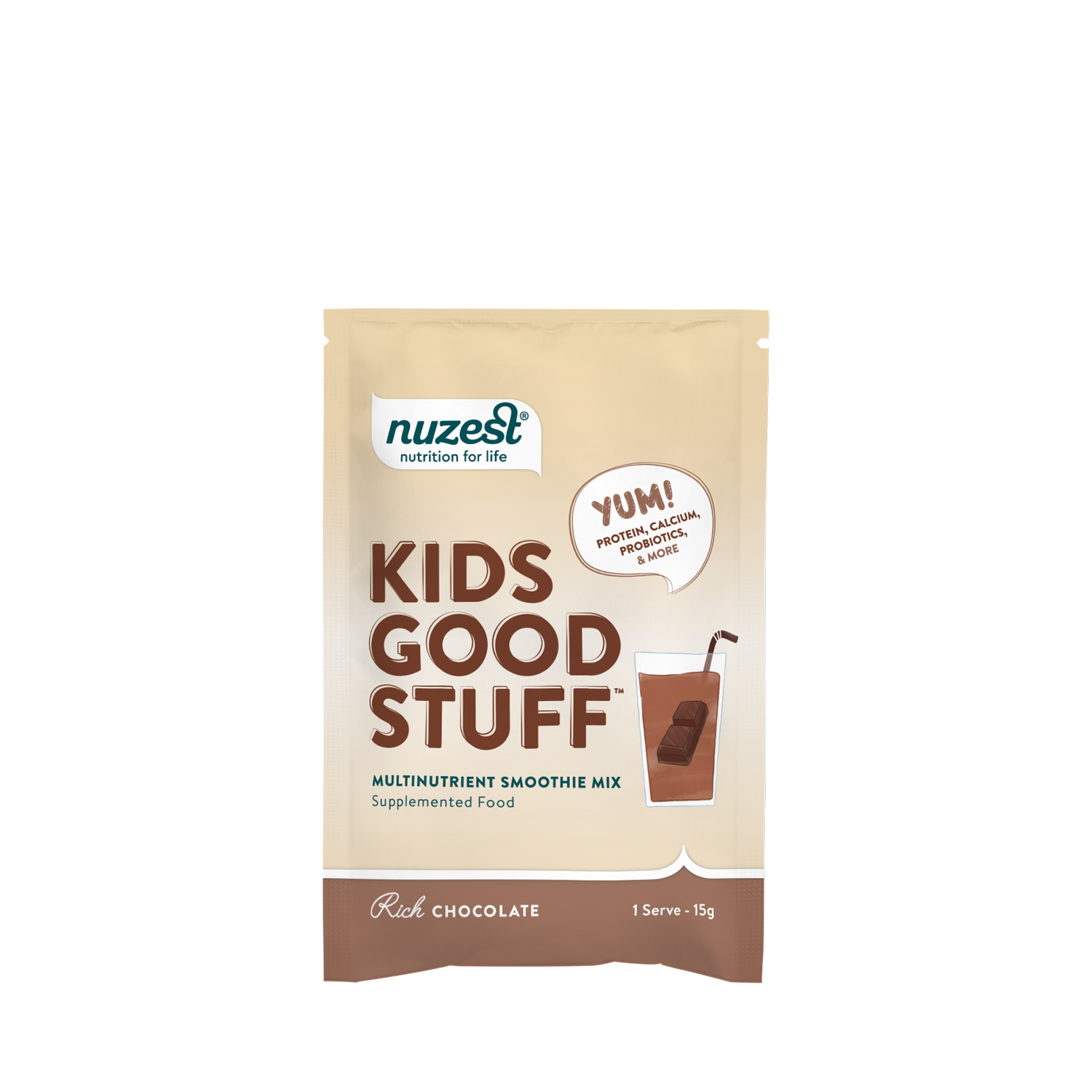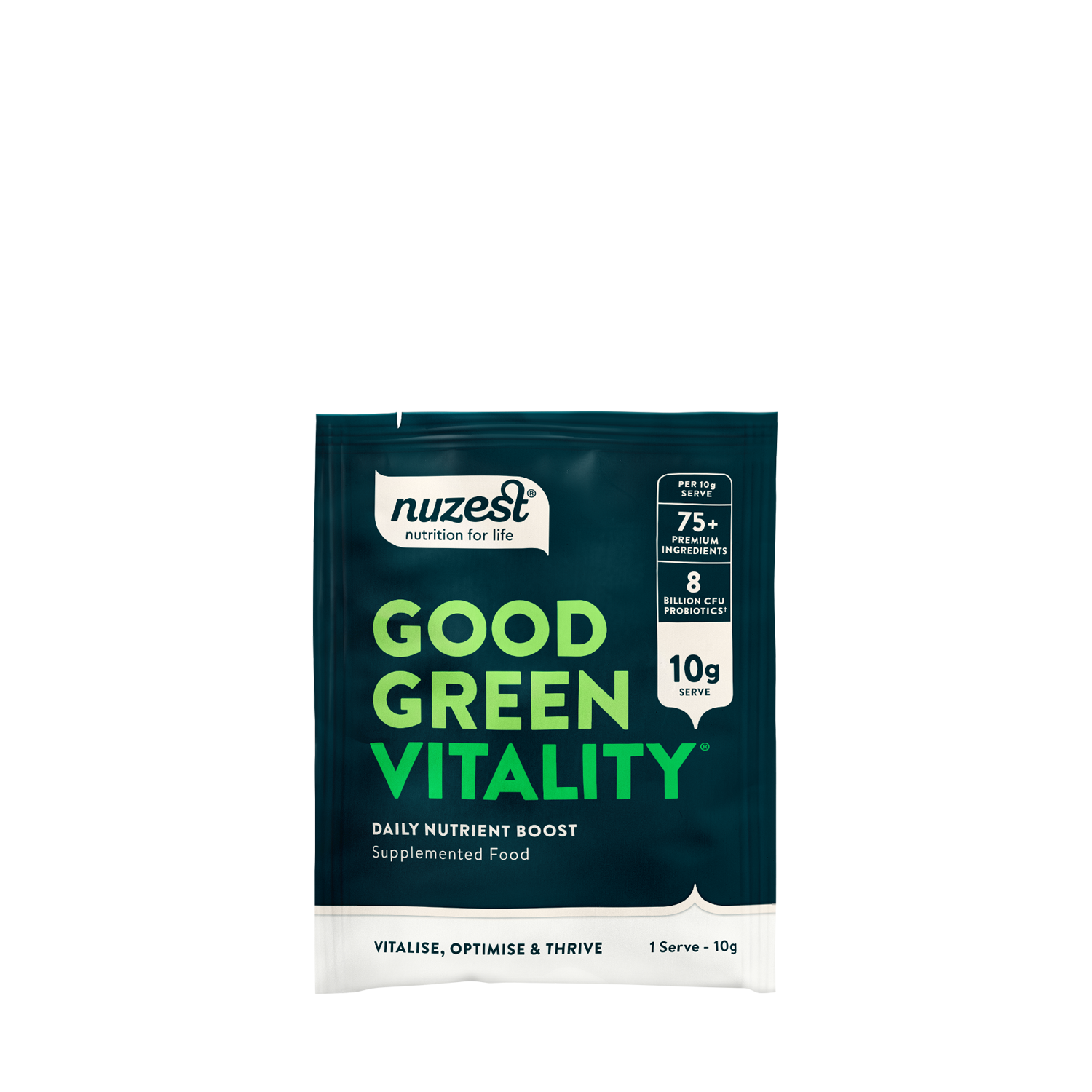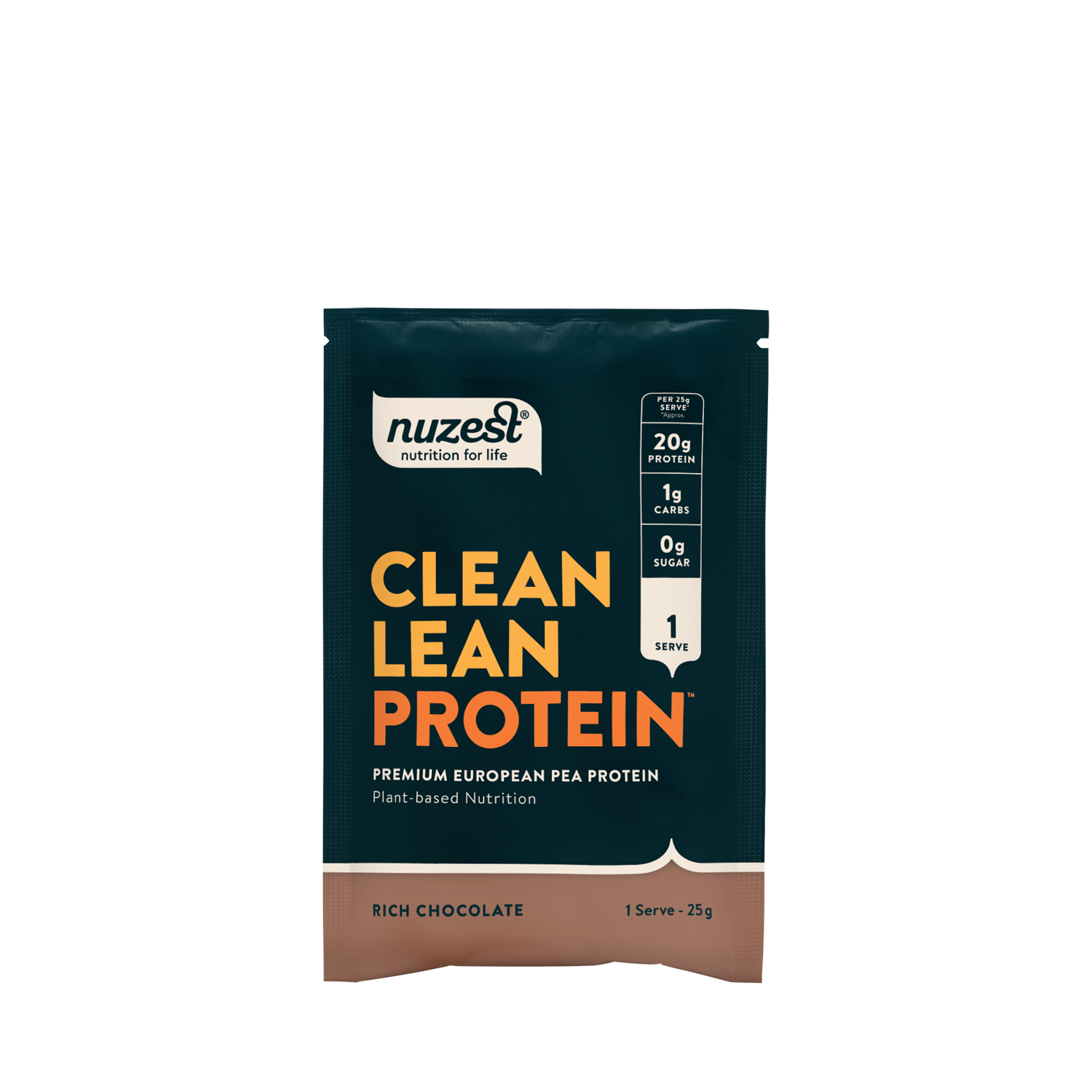Fighting inflammation with food: a dietitian’s perspective
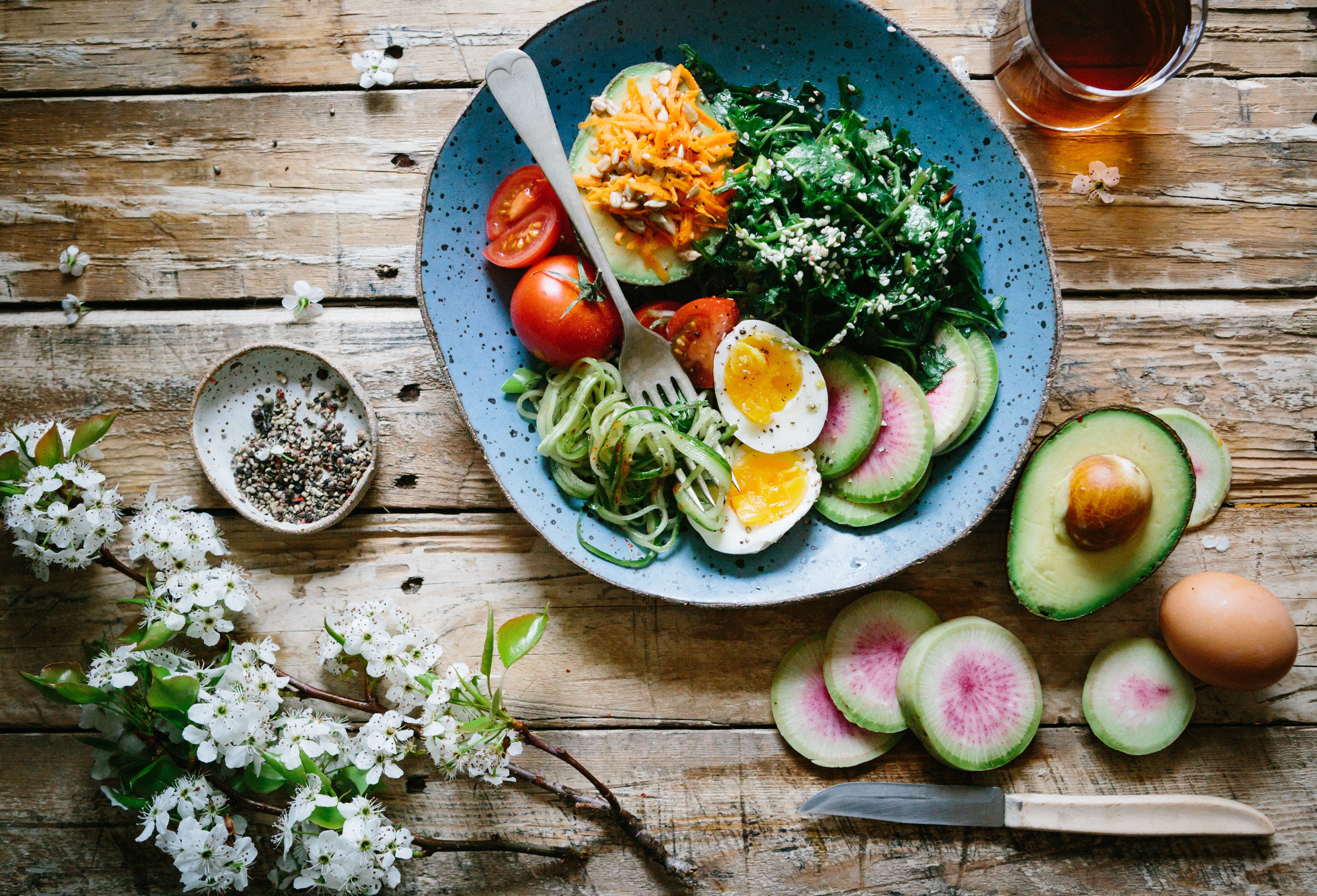
TITLE: Fighting inflammation with food: a dietitian’s perspective
AUTHOR: Andy De Santis (Registered Dietitian)
When you think of the word “anti-inflammatory”, what comes to mind from a dietary perspective?
I bet omega-3 fatty acids are pretty high up on the list.
Omega-3 fatty acids are just one of a number of food components that are constantly identified as having a high anti-inflammatory potential.
But what does that mean and how does that manifest on a cellular level?
Well, our cell membranes play a massive role in our body’s response to inflammation and can actually serve to make it better or worse.
When we consume more omega-3 fatty acids from whole food such as fish, seafood, marine algaes, flaxseeds, chia seeds or walnuts – our cell membranes are populated by more of these types of fats, which ultimately makes them more prone to produce anti-inflammatory compounds and support a healthier immune response7.
Yet, when it comes to diet and inflammation, omega-3 fatty acids are just the tip of the iceberg.
Anti-inflammatory dietary patterns
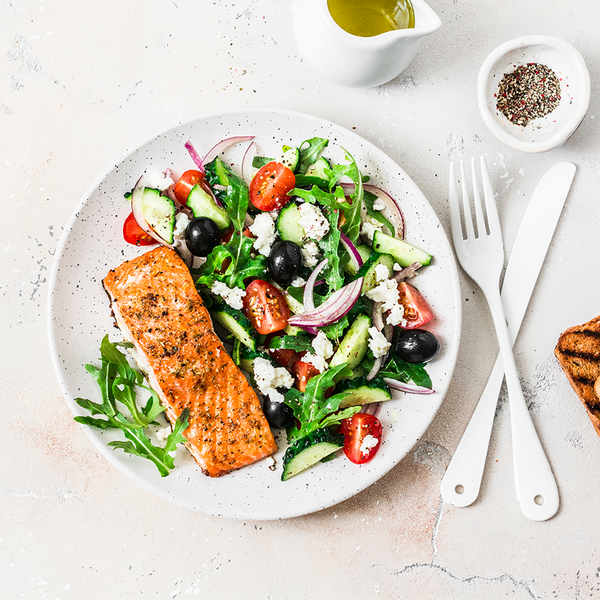
As we know from research in so many areas of health and wellness, it is never one single food component that is responsible for our wellbeing.
The same can be said in the world of inflammation.
Dietary patterns high in the antioxidant compounds known as polyphenols, for example, have frequently been identified has having a potent anti-inflammatory capacity10.
Examples of particularly polyphenol-rich foods include11:
- Seasonings such as cloves, oregano and rosemary – among others
- Fruits such as berries, cherries, plums, prunes, and even cacao beans (yes! That means some dark chocolates!)
- Vegetables such as artichoke, chicory, red onion, spinach and shallots
- Nuts & seeds including hazelnuts, flaxseeds, pecans and almonds
- Legumes especially soy-based foods like tempeh and tofu
Putting it all together now, there is a style of eating that is naturally high in both its omega-3 fatty acids and polyphenol content that is often associated with good health and a reduction in bodily inflammation.
Can you guess what diet it is?
If you guessed the Mediterranean (which is where I’d like to be right now) you guessed correctly!
The Mediterranean diet and inflammation

From my perspective as a dietitian, a Mediterranean style of eating captured in the image below represents an achievable and sustainable dietary pattern with some seriously positive health outcomes.
As you can gather from the image above, the Mediterranean diet is essentially a compromise between the classical western diet and a more pescatarian style of eating (which is naturally high in polyphenols, omega-3 fatty acids and a host of other anti-inflammatory compounds).
Unsurprisingly, multiple studies show that long-term adherence to this style of eating tends to be associated with better health outcomes and lower levels of inflammation in the body12,13.
Referring back to the LDL cholesterol and atherosclerosis example provided in my previous article on when inflammation causes harm; when dietary fat intake is skewed more towards saturated animal fat (beef, dairy, pork) and less towards fish and plant-based fats ( avocados, nuts, seeds) – LDL cholesterol levels tend to increase14.
The good news?
A Mediterranean diet naturally encourages the reduced consumption of saturated fat, which further explains why it’s so often observed to have anti-inflammatory effects.
Quite a nice way to tie together everything we’ve learned so far right?
Let’s finish off strong…
Beyond food - lifestyle factors that affect inflammation

Beyond what you choose to eat, there are a number of lifestyle factors that can increase the state of inflammation in your body.
These include16:
- a lack of sleep
- chronic stress
- physical inactivity
- smoking
- alcohol consumption*
*Whilst red wine is considered a component of the Mediterranean diet; the benefits of a Mediterranean diet can be outweighed by excessive alcohol consumption. A 150ml (5oz) glass of wine is considered a single alcohol serve and Australian safe drinking guidelines suggest men and women consume no more than 10 servings per week, and no more than four on any one day. Keep in mind these numbers are not recommended levels, rather they are upper limits which should be respected to ensure the best interests of your health.
I fully appreciate that some of these factors will be easier to chip away at than others, but we all have a starting point.
Having a few drinks less a week, walking 5,000 steps a day, devoting an extra 30 minutes to nightly sleep or pursuing relaxation practices like meditation or yoga to help with stress management are steps that I believe we can all take as early as today to help improve our health.
Any of the lifestyle changes noted above, combined with a few pointed dietary changes, will go a long way to reducing the potentially detrimental effect that chronic inflammation can have on your quality of life. And while no supplement can replace a healthy diet, Good Green Vitality may help to support our health and modern lifestyles by offsetting poor dietary choices. Made from real fruit and veg, with plant foods, herbs, superfoods and your complete suite of daily essential vitamins and minerals, it is a great form of nutritional insurance that will help fill the gaps in your diet.

